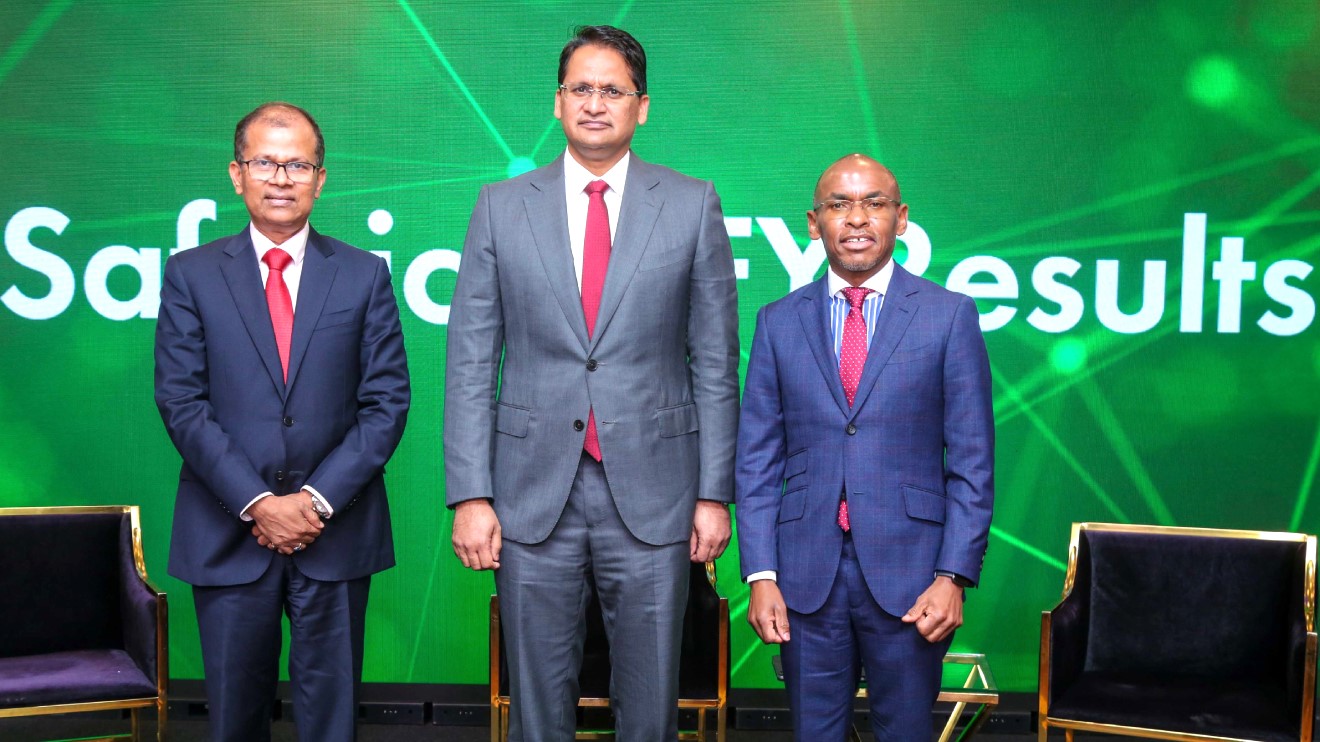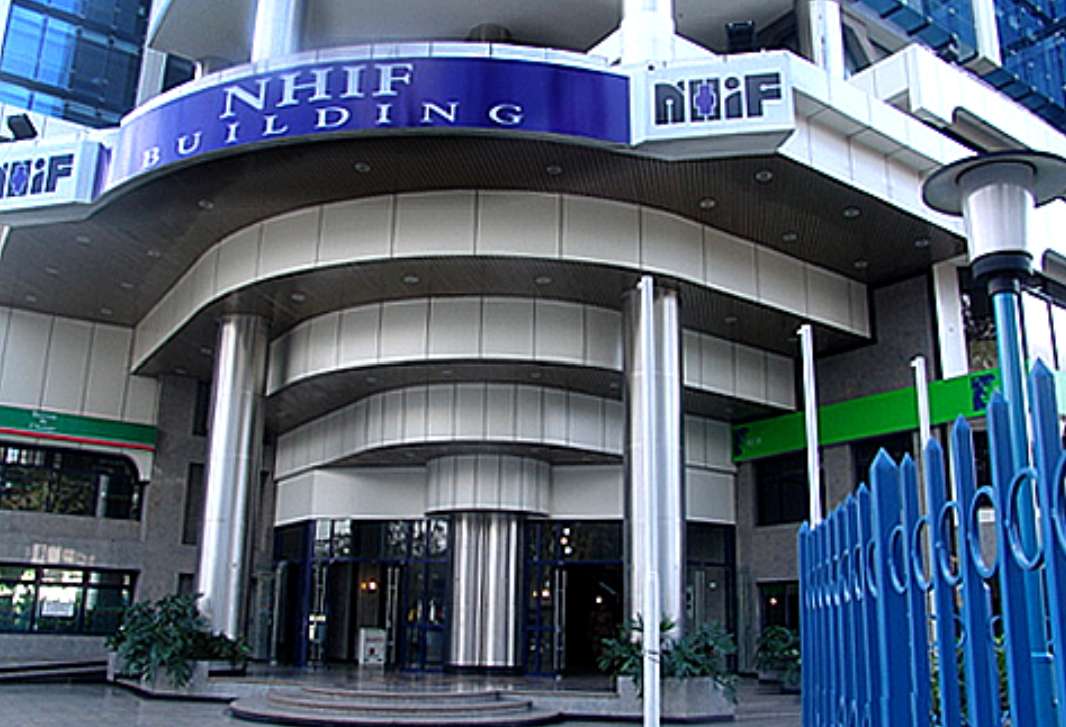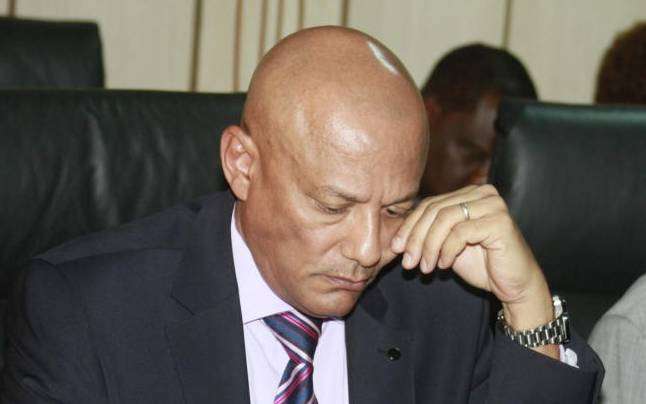Global press freedom lobby, Reporters Without Borders (RSF), has condemned Safaricom’s actions and called on the Kenyan government to protect investigative journalists. According to RSF, Safaricom initially threatened NMG and the journalists involved with a Strategic Lawsuit Against Public Participation (SLAPP) if the article was not retracted. The company later cut its advertising budget, amounting to $5 million per month, on NMG platforms, significantly impacting one of the country’s largest media advertisers
Telecommunications giant Safaricom is under fire following allegations of using intimidation tactics against Nation Media Group (NMG) in the wake of an investigative story published on October 29. The story accused the company of collaborating with State security agencies to conduct widespread surveillance on Kenyans, granting them virtually unlimited access to customer data. This alleged practice has raised serious concerns about privacy violations.
Global press freedom lobby, Reporters Without Borders (RSF), has condemned Safaricom’s actions and called on the Kenyan government to protect investigative journalists. According to RSF, Safaricom initially threatened NMG and the journalists involved with a Strategic Lawsuit Against Public Participation (SLAPP) if the article was not retracted. The company later cut its advertising budget, amounting to $5 million per month, on NMG platforms, significantly impacting one of the country’s largest media advertisers.
On December 5, representatives from NMG attended a Media Council of Kenya hearing initiated by Safaricom’s legal team. An NMG editorial manager described the hearing as a formality preceding further proceedings slated for January 2025.
“The investigation is in the public interest, shedding light on a state scandal involving Safaricom. It is unacceptable for the company to pressure journalists to suppress the report, despite being given an opportunity to respond,” said Sadibou Marong, RSF’s Sub-Saharan Africa Bureau Director.
RSF expressed concerns over escalating threats to NMG and its journalists. Namir Shabibi, a freelance journalist and co-author of the investigation, warned, “If Nation Media Group is unable to publish such investigations, it will set a dangerous precedent.”
Adding to the pressure, Safaricom has reportedly targeted organizations advocating accountability. On November 18, the Kenyan Human Rights Commission (KHRC) received a threatening letter from Safaricom after publishing an open letter urging transparency. Safaricom also launched an advertising campaign in rival newspapers, reiterating its commitment to customer privacy.
The unfolding saga underscores the challenges facing press freedom and privacy rights in Kenya, raising questions about corporate accountability and the role of media in safeguarding public interest.





